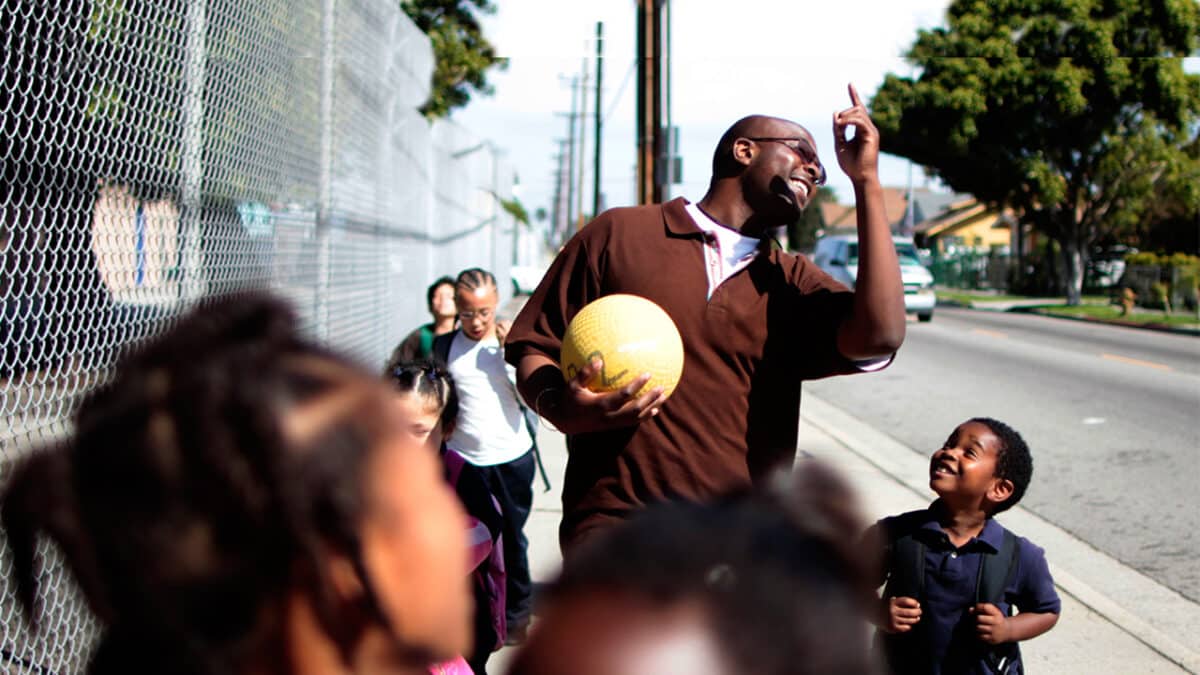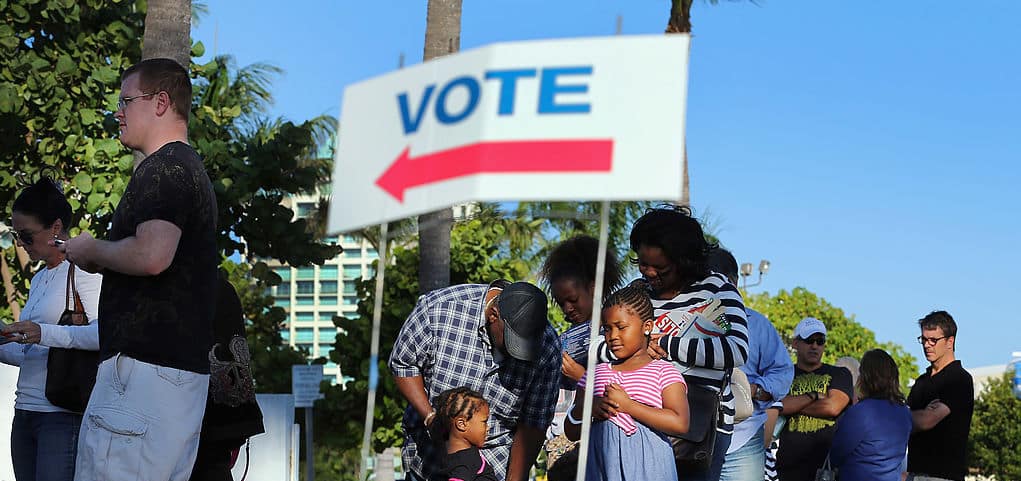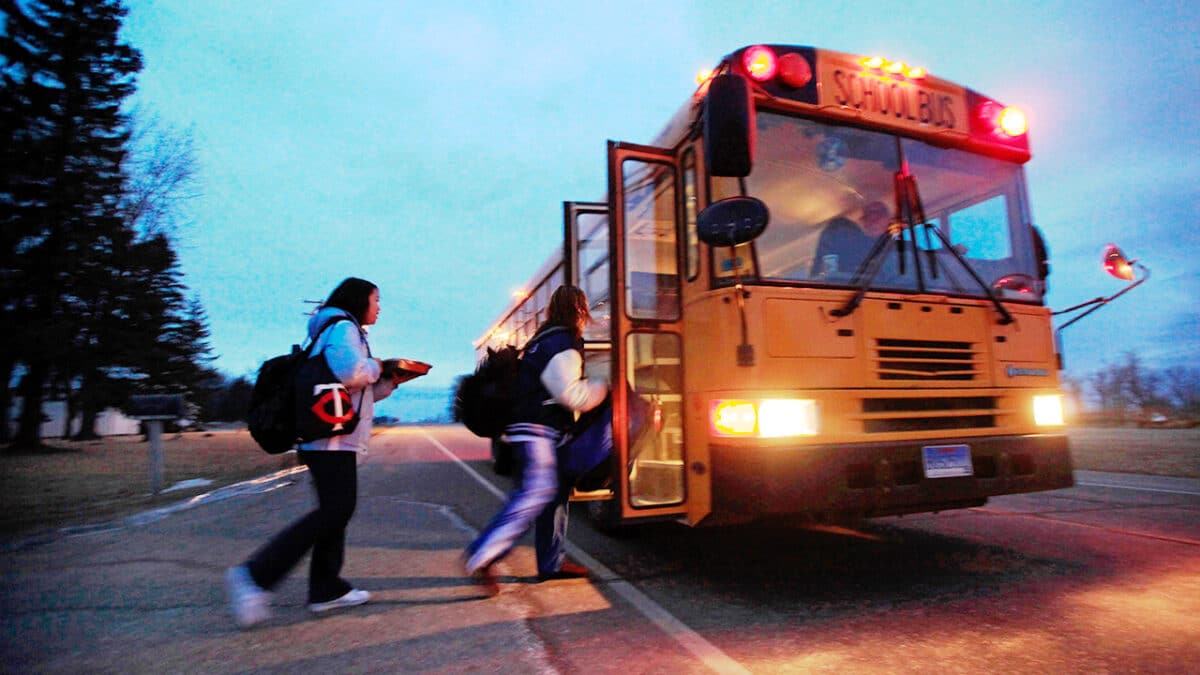
Poverty, Inequality and Opportunity
What role should governments play in alleviating poverty? Can public policy help foster prosperity and equality?
Latest Article

An Effective Public Private Partnership Solution for Addressing Sanitation in Slums: The Suvidha Centers in India
One model to provide sanitation in India's slums is Suvidha (‘convenience’ in Hindi) centers: modern and large community water and sanitation complexes. The centers provide an important service to the community, provide employment, build capacity among workers and are financially sustainable.Explore all Articles
filter by–Region
filter by–Country
search by–Keyword
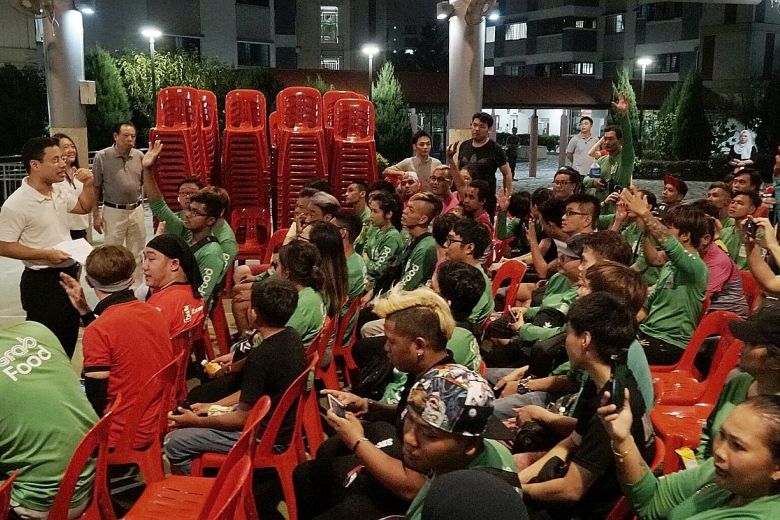
The Case For Incorporating Social Analysis Into Policy Design
02.24.20
Paul argues that policymakers need to move beyond numbers-driven, utilitarian logics of decision-making and incorporate a human-centered approach to policy-making. Drawing from Teo You Yenn’s seminal work on the need to understand issues like inequality as lived experiences rather than just statistical data, Paul considers the benefits of a social analysis approach and examines the ways in which it can be implemented in Singapore.
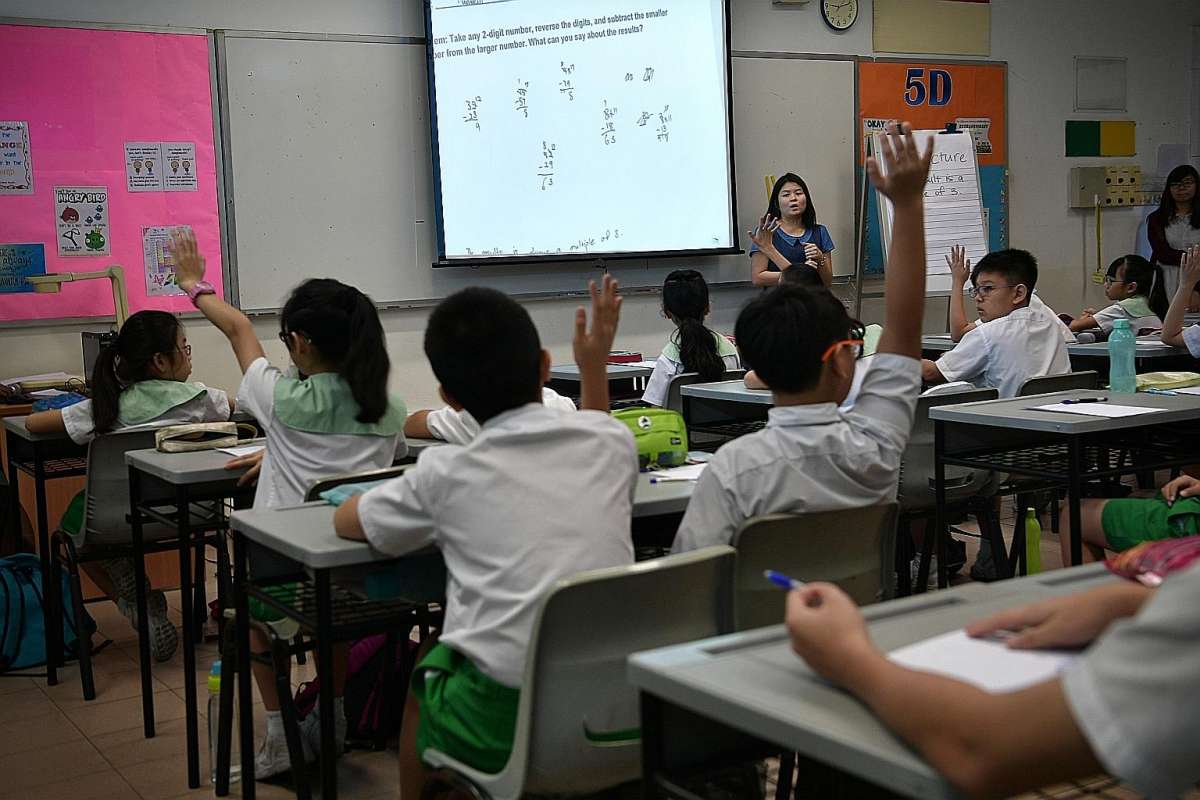
The Legitimization of Inequality
12.5.19
Meritocracy is generally celebrated as an ideology that promotes equality of opportunity, and hence, seen as just. Xuan Yee interrogates this view by exploring the moral, psychological, and intellectual ramifications of meritocracy when taken to its extreme. He argues that an unquestioned belief in meritocracy is dangerous, for it encourages the successful to justify their own moral deservingness of their position in society, and thus, legitimizes inequality.

When Trauma-Informed Pedagogy Is Not Enough: The Need for Increased School-Based Mental Health Services in Public Schools
10.8.19
BY PRACHI NAIK “Where I live, people don’t call the police.” There’s a palpable stillness in the room. Thirty-five pairs of adolescent eyes are fixed on Mariely[1] as she quietly, bravely describes witnessing a man get stabbed in front of her house, feeling unable to call the cops for help. Some students silently gesture […]
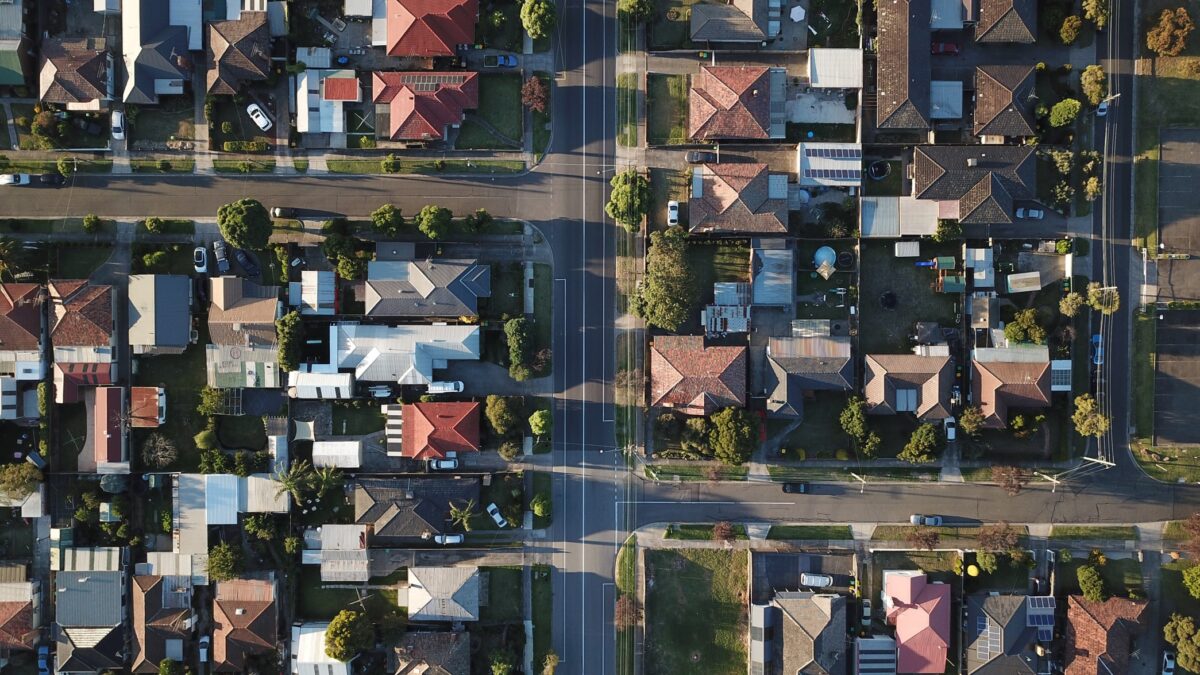
Opportunity Zones: Driver of Economic Development or Domestic Tax Shelter for the Rich?
09.10.19
BY HILARY GELFOND Introduction to Opportunity Zones As part of the 2017 Tax Cuts and Jobs Act, the Opportunity Zone (OZ) program was created as a mechanism to funnel investments into targeted low-income areas throughout the United States. Though the program was recently implemented, it has gained significant attention as a place-based policy that […]
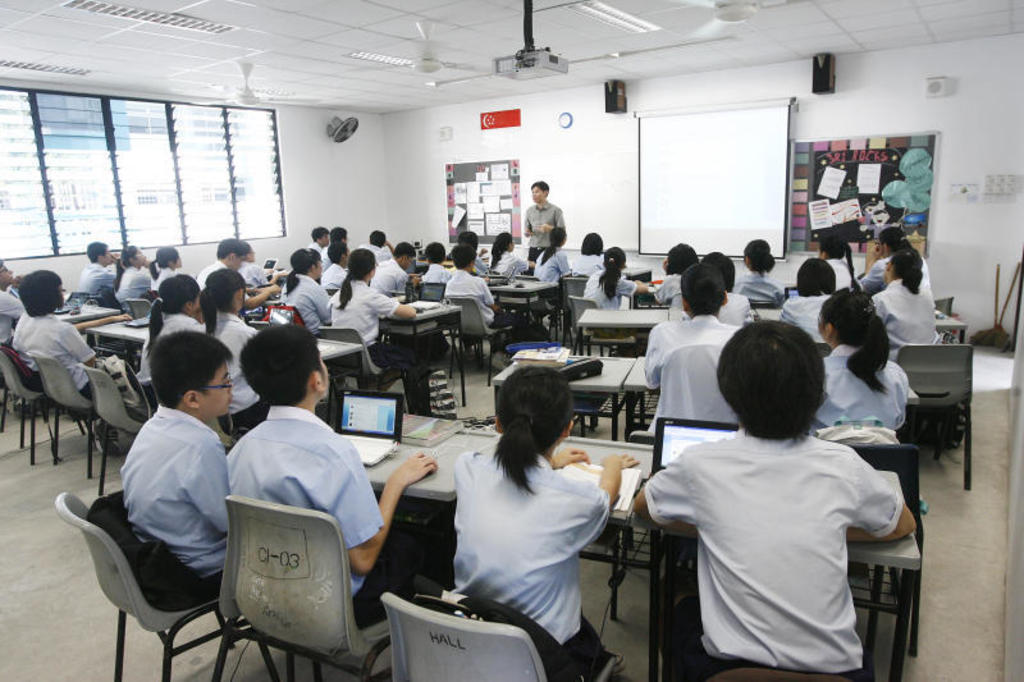
The Limitations of Subject-Based Banding: What About Single-Stream Schools?
06.11.19
Much of the debate on MOE’s recent moves to integrate schoolmates of different academic streams via Subject-Based Banding (SBB) has focused on whether SBB will be effective, or what the implementation of SBB will look like. However, one underdiscussed aspect of MOE’s policy change is its lack of impact on single-stream schools. Izzah Haziqah Haris explores why this is a problem, and potential policy options to deal with this issue.
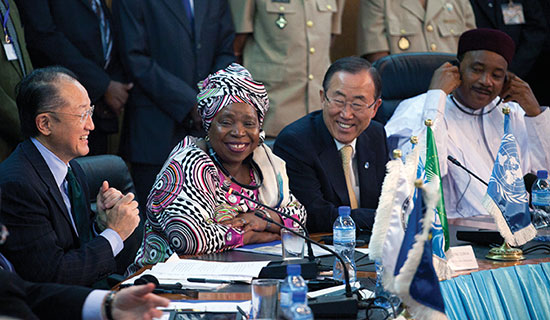
Constitutional guarantees against Hunger in African Countries: An assessment of legal integration of UN food policies
06.5.19
Abstract The fall of European colonial empires during the second half of the twentieth century led to a new international order characterized by the democratization of international organizations. In return, the democratization of international organizations reinforced the legal duty of human rights protection within the international community. Our aim is to provide an overview of […]

Making Welfare Work: Building a Culture of Care in the UK
05.14.19
BY BEN MARSHALL At the end of October, Britain is set to exit the EU. With no deal currently in place, and uncertainty over how trade tariffs and the movement of goods will be impacted, there is increasing anxiety in the United Kingdom about the availability of food, fuel, and medicines. Although such provisions are […]

Mending our Meritocracy: Socioeconomic Affirmative Action in School Admissions?
03.24.19
Singapore’s growing class divide presents challenges to its espoused meritocratic ideals. Samantha Wong, Toh Wei Lun and Amelia Woo consider proposals akin to “affirmative action” – namely the use of quotas and nominations in school admissions – to address educational and consequently socioeconomic disparities.
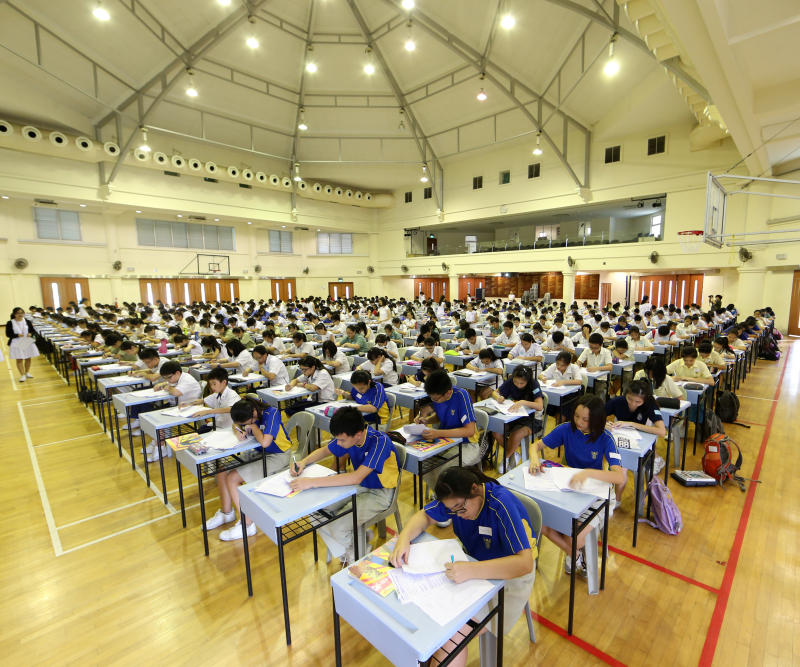
Letter: Subject-Based Banding is Not the Escalator We’re Looking For
03.20.19
On the topic of subject-based banding, Andrew Chia responds to Lionel Oh’s Op-Ed by laying out potential practical difficulties in overhauling the existing streaming system, showing how these obstacles could undermine the effectiveness of such a change.

Roma, the Masterpiece, not the Social Redeemer
03.11.19
Mexican director Alfonso Cuarón received the Oscar for best director for his beautiful masterpiece Roma at the 91st Academy Awards. As he was handed the statue from another Mexican director, Guillermo del Toro, he said: “I want to thank the academy to recognize a film that is centered around an indigenous woman, one of the […]

Moving Beyond Streaming: Will Subject-Based Banding Work?
03.8.19
Singapore plans to replace streaming in secondary schools with subject-based banding by 2024. Lionel Oh explores how this banding could be implemented in a flexible yet substantive way that best captures the spirit of the policy intent, so that it does not simply become yet another form of educational stratification.

Sharing the Community Schools Strategy
02.20.19
BY ABEL MCDANIELS Last month, teachers from Los Angeles Unified School District, the nation’s second largest school system, went on strike for nine days. Among their demands were community schools. A community school intentionally organizes school and community resources to support student success. These schools stay open well beyond 3pm, the typical end to a […]
